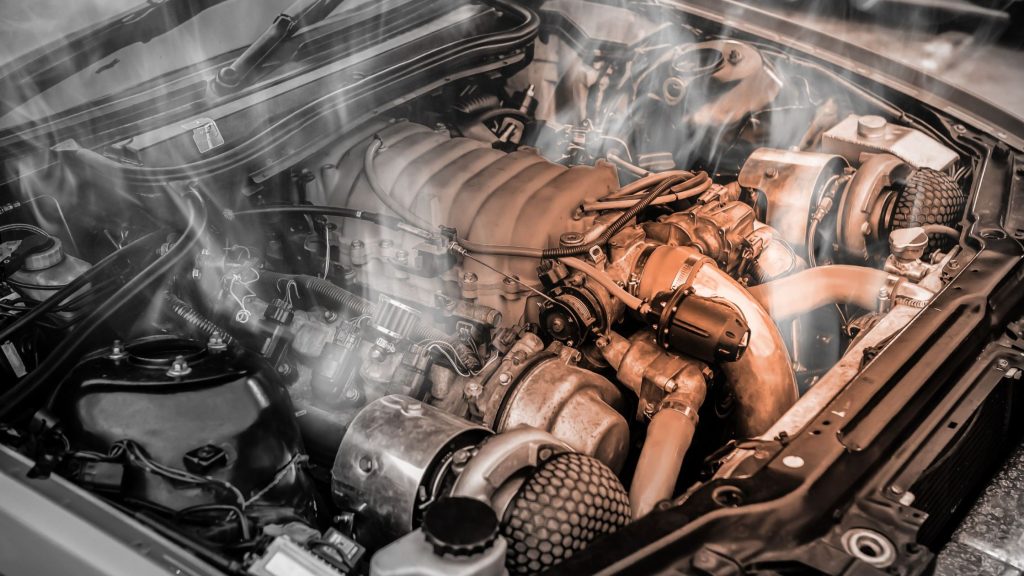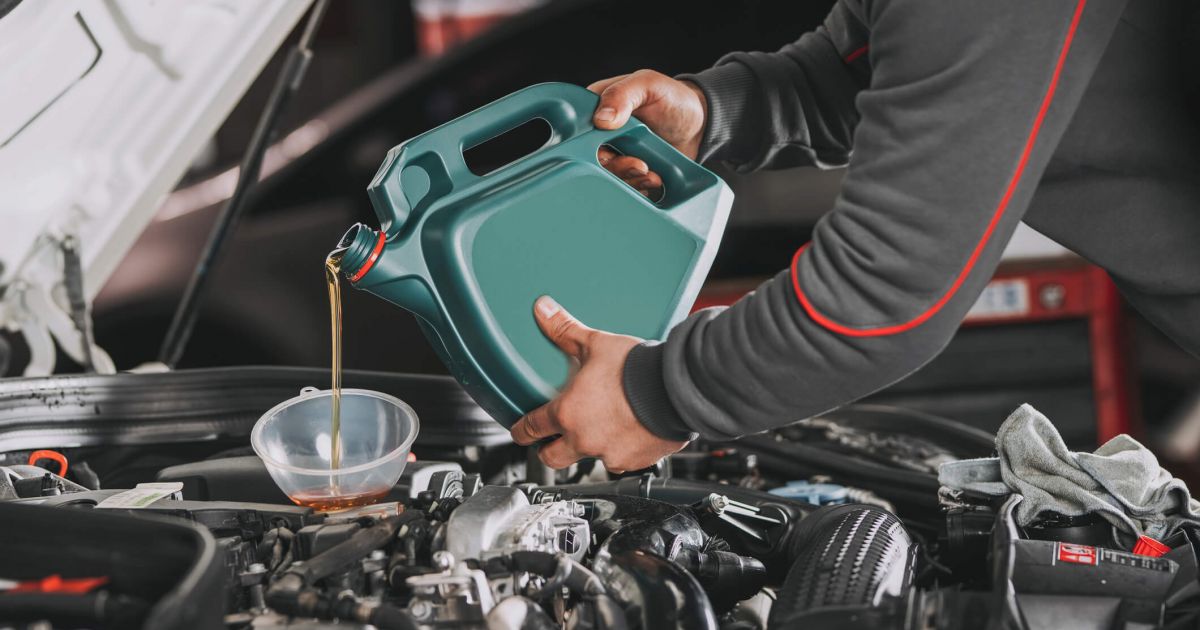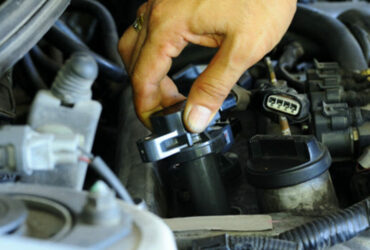When we are discussing the better performance of a car, changing oil is the most frequent and important task to follow. It provides a long life to your engine and helps to save fuel consumption during riding. Engine oil provides a complete lubrication to your car’s moving parts that helps to dissipate heat.
Your motor car required new oil after riding a limited kilometer. It is important to understand the consequences of overfilling your engine with oil is essential for maintaining your car’s health. Here, we know the reasons why too much oil can be a cause of a problem.

Look Also: The Ultimate Guide for Choosing the Best New Car Technology
Dangers of Overfilling the Engine Oil
If you want to maintain your car’s engine oil then you need to first understand “why your car’s engine requires engine oil?” Let’s understand
The engine is the most expensive and important part of your car or bike. This engine contains hundreds of small moving part that constantly works with each other and generates lots of heat. These small engine parts required enough lubricants to reduce the friction between them. A proper lubricant provides higher performance and minimum heat. Oil is introduced into the engine’s crankcase via the designated “Oil” cap located beneath the vehicle’s hood. The oil is settled down into the chamber when your engine is not working. Once you start your engine the oil is circulated between all your moving parts from the engine.
But when we add too much oil into the engine, the level of storing champer is improved. So, this oil can come into contact with a fast-moving lobed rod called the crankshaft. The outcome manifests as a frothy substance that serves more oil to the engines than required.
This extra oil provides excessive pressure inside your engine that can increase the chance of escaping various gaskets and seals. When these part small parts fail, they lead to costly repairs.
Consequences of Too Much Engine Oil:
It is very obvious that engine oil can be overfilled by either you or your mechanic. When someone overfilled the oil in your engine during the change. If those basic errors aren’t the cause, you can discover that the extra “oil” is a mix of different fluids.
There are many situations that can lead to diluted oil including moisture buildup, fuel leakage through a faulty seal, and a worn head gasket allowing coolant to escape. This mixture can bring about severe engine damage.
How to Determine if Your Engine Has Too Much Oil
It is important to check the level of your car’s engine oil after every oil service. You can easily detect engine oil by using a dipstick. This oil-checking feature comes with all type of cars that shows low and high mark if your car has too much, too little, and a perfect amount of oil. It is advisable to make the habit of checking the oil in your car.
To check your oil level, you first need to park the car on plain ground and let the engine cool. Now, pull out the dipstick from the engine and wipe it clean, then reinsert it to check oil level. If the oil level surpasses the recommended range, that means your engine is overfilled.
There are other indicators that also give you a signal to check your oil. These can be blue exhaust smoke, oil leakage, a burning smell, and a high reading on your oil pressure gauge.
If you still have any doubt, then consult a mechanic of your vehicle to understand the proper oil levels.
Managing Excess Engine Oil
There are many methods to remove excess engine oil like siphoning oil from the crankcase cap. This option can be good but there are other universal methods available for removing engine oil You can comfortability change old oil to a new one.
First, you need to part the car on the plain surface, then, unlock the oil drain plug from the bottom of the engine. Now completely remove your oil from the pan replace the oil filter, and again refill it in your engine. It is important to check the refilling of your oil. Keep in mind don’t overfill the oil in your engine.
Conclusion
Engine oil is an important part of running your engine properly. But if we overfill the oil in cars, then it can cause many problems. The oil helps to run your engine part properly. It is always advisable to check your engine oil after service or running a few thousand kilometers. You can check the engine oil from the dipstick. Always use a safe method if you are removing oil.
FAQs
Yes, this excess oil can come into contact with a fast-moving lobed rod called the crankshaft. The outcome manifests as a frothy substance that serves more oil to the engines than required.
This can cause misfires, component damage, and leaks, potentially harming your engine.
To remove excess oil from the engine, first, you need to completely drain oil from the engine. After that, again refill it as per guidance. You can also remove it by siphoning oil from the crankcase cap. But it is recommended to consult a professional mechanic.
You can follow your vehicle’s recommended oil capacity. Check oil levels regularly using the dipstick and be cautious when adding oil.
Yes, it can cause blue or white smoke from the exhaust. The excess oil can enter the combustion chambers leading to smoke.




















Leave a Reply